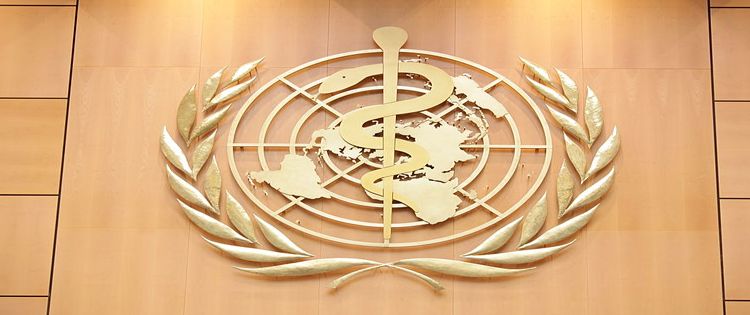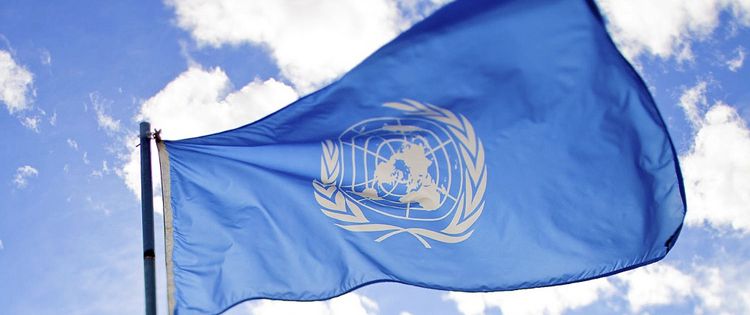World Health Organization met last week and for the first time ever, a special committee reviewed the safety of cannabis.

After their meeting, the United Nation’s drug committee determined that cannabis is a “relatively safe drug”. They noted that millions of people all over the world are already using it to take care of a number of medical conditions.
These findings could be impactful for the recommendation the agency is making to the UN on the “need for and level international control” over cannabis.
As of this moment, cannabis prohibition is in force almost everywhere in the world under international drug treaties that started back in 1961.
According to a report, there are roughly 183 million people worldwide who were using cannabis in 2015. Cannabis plants are currently cultivated in 135 countries and are the “most widely illicitly produced drug worldwide”.
953 patients from 31 countries who use medical cannabis for their medical conditions were surveyed by the UN agency.
Most of the participants said that they have used cannabis-based medications for years. Almost everyone one of them was also supervised by doctors. But a lot of them also admitted that they have tried cannabis before getting a recommendation from a physician.
Frequently Used for Pain
According to the data they gathered, cannabis, in any form, was usually used to manage sleep disorders, control back pain, depression, anxiety, multiple sclerosis, and post-injury pain. Anxiety, pain, and sleep disturbances were the top three conditions most common conditions from the participants who joined the survey.
In the U.S., there are an estimated 2.2 million patients who use medical cannabis regularly.
Pain was their most cited qualifying condition. It was also the condition that was ranked the highest among medical cannabis patients in Canada and Israel.
Meanwhile, in the United Kingdom, 30 percent of the patients who use medical cannabis said that they use it to medicate multiple sclerosis.

Interestingly, the committee pointed to a “wealth of preclinical literature” which indicates that cannabinoids “reduce cancer cell proliferation” and prevents the “cancer cell migration and angiogenesis in numerous cancer cell types”. The team believes that the field of great promise with more studies to come.
On the other hand, according to the UN report, there is about three to five percent of recreational cannabis users worldwide.
Interestingly, there are two more studies that (were investigated by the UN report and) discovered that there are no critical differences between the patients who use cannabis for medical reasons and those who use it recreationally.
However, one study found that patients who use medical cannabis every day have poorer health than those who only use it for recreational reasons.
They were more likely sick compared to the recreational users who consume their cannabis irregularly. The study also found out that they had lower levels both in nonprescription drug use and alcoholism.
Inadequate Research
The UN’s report noted that scientific study into cannabis is still inadequate. There is plenty of public interest but only a few clinical trials were conducted mainly because of the harsher legal structure of prohibition.
According to the report, the barriers to research especially in the United States include the complexity of having to pass certain criteria created by the federal agencies like the DEA and FDA. They also mentioned the difficulty of passing the research ethics boards and the state and local oversight considerations.

Interestingly enough, the UN report also noted several setbacks in quality control from the only current source of cannabis scientific research in the U.S. As of this time, all the federal cannabis is grown at a farm in the campus of The University of Mississippi.
Steph Sherer, the executive director of the Americans for Safe Access said that the current international guidelines on cannabis are out-of-date and creating a negative impact on medical cannabis patients in the U.S. and worldwide.
Sherer added that the policies do not reflect the reality that over 30 countries globally have passed medical cannabis regulations.
UN Chief: Decriminalize All Drugs
Earlier this year, the UN Secretary-General António Guterres gave a speech endorsing the decriminalization of all drugs. Guterres’ comments went against to the top narcotics officials of United Nations. In that same week, they released a report that criticized the legalization of cannabis all over the world.
“Current efforts have fallen short of the goal to eliminate the illicit drugs market,” said Guterres in a video message. “We can promote efforts to stop organized crime while protecting human rights, enabling development and ensuring rights-based treatment and support. I am particularly proud of the results of the reforms I introduced in Portugal when I was prime minister almost 20 years ago.”
During his term as the prime minister of Portugal, Guterres introduced the decriminalization of all drugs in 2001. It became very successful and was praised by drug legalization advocates around the world. With the decriminalization, overall drug use, death due to drug overdose, and HIV infections have reduced dramatically in the country.
- How Commercial Cannabis Growers Can Benefit from Using a Software - May 17, 2019
- Understanding CBD Interactions and Why CBD and Your Brain Can Be Best Friends - January 4, 2019
- The Difference Between Using THC and CBD - December 19, 2018


